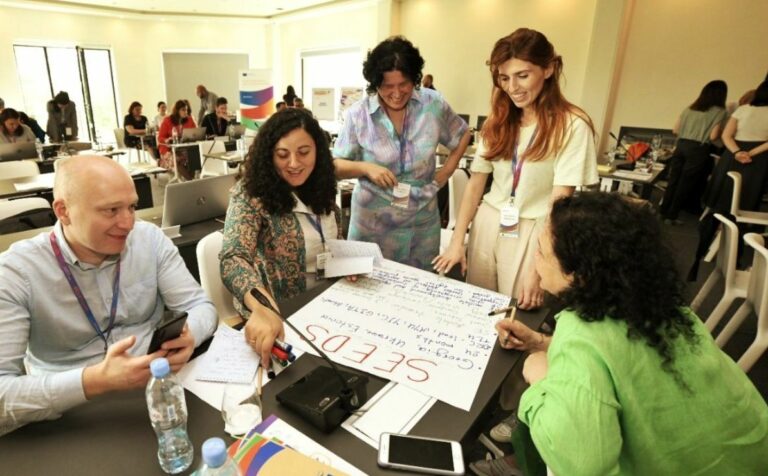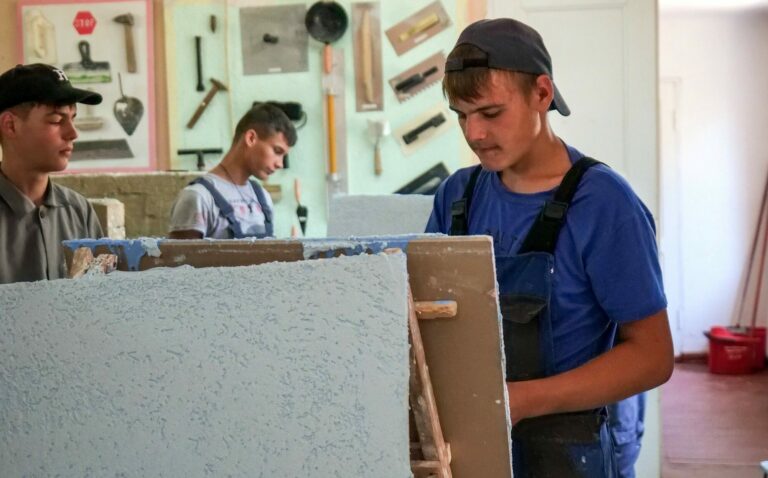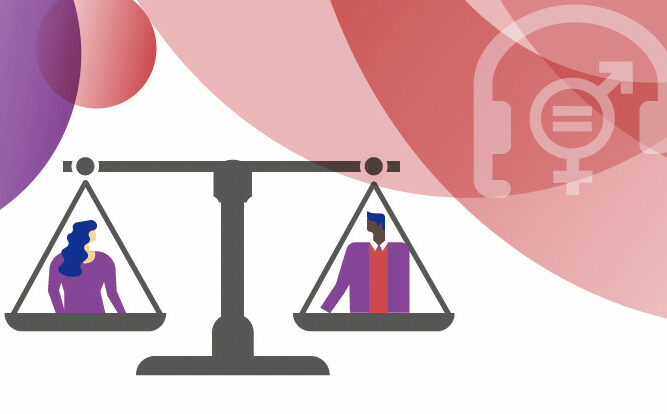
Generations and gender study report
During the last decades, profound economic and social transformations have taken place, with an important impact on people’s lives. Demographic changes strongly influence the economic and social development of the country, population dynamics being an important factor in ensuring economic growth and population well-being. At the same time, in contemporary society, fundamentally different types of intra- and intergenerational interactions are formed. The age and generational composition of families are changing, which leads to an increase in the social load of the active core of families and a change in the forms, volumes and direction of resource flows between generations of children, parents and grandparents. At the same time, much less is known about the mechanisms of family formation, about the features of economic and social relations between generations, parents and children, able-bodied and elderly people from various types of families, about interfamily support networks and their forms.
In this context, the Generations and Gender Study (GGS) aims to fill these gaps. Being one of the most complex socio-demographic researches at the global level, GGS represents an important analytical and informational source for decision-makers, a tool for involving people in the development of response measures to the demographic challenges currently faced by the Republic of Moldova. The GGS monitored the dynamics of people’s and family life in society at the individual level. In the study, information was collected about family life, gender equality, relationships between partners, desired number of children, family planning, intergenerational dialogue, balance between work and family, intention to emigrate, economic and social well-being, assessment of health and other important aspects of people’s lives. However, the analytical potential of the study is not limited to demographic issues, as many aspects related to the functioning of the labor market, the pension system, the consumption of social services, the level of well-being of households in the Republic of Moldova, etc., are highlighted.
It so happened that in the Republic of Moldova the GGS was conducted before and during the Covid-19 pandemic, thus providing at the same time important information regarding the impact of the pandemic crisis on demographic behavior, including how family relationships, incomes and access to medical and emergency services. The experience of the Republic of Moldova regarding the collection of data during the pandemic can be accessed here.
Thus, the results of this study provide a complex picture regarding different aspects of life in the Republic of Moldova, serving as a basis for developing demographic policies based on people’s rights and needs.
Be the voice of your generation! Generations and Gender Study Report. Ministry of Labor and Social Protection of the Republic of Moldova, the United Nations Population Fund, the Interdisciplinary Institute of Demography in the Netherlands, the National Bureau of Statistics. Chisinau, INCE, 2022.
MOST READ
RELATED

EU4Culture: Practical online course on successful grant proposal writing

EU4Youth Newsletter: Welcome to the EU4Youth Stakeholder Hub!

EU4Youth develops Youth Wiki reports on Youth Employment and Employability

EU4Gender Equality Reform Helpdesk’s support (2021-2024) for Moldova

SME Policy Index: Eastern Partner Countries 2024 – Building Resilience in Challenging Times
More campaign pages:
Interested in the latest news and opportunities?
This website is managed by the EU-funded Regional Communication Programme for the Eastern Neighbourhood ('EU NEIGHBOURS east’), which complements and supports the communication of the Delegations of the European Union in the Eastern partner countries, and works under the guidance of the European Commission’s Directorate-General for Neighbourhood Policy and Enlargement Negotiations, and the European External Action Service. EU NEIGHBOURS east is implemented by a GOPA PACE-led consortium. It is part of the larger Neighbourhood Communication Programme (2020-2024) for the EU's Eastern and Southern Neighbourhood, which also includes 'EU NEIGHBOURS south’ project that runs the EU Neighbours portal.

The information on this site is subject to a Disclaimer and Protection of personal data. © European Union,







